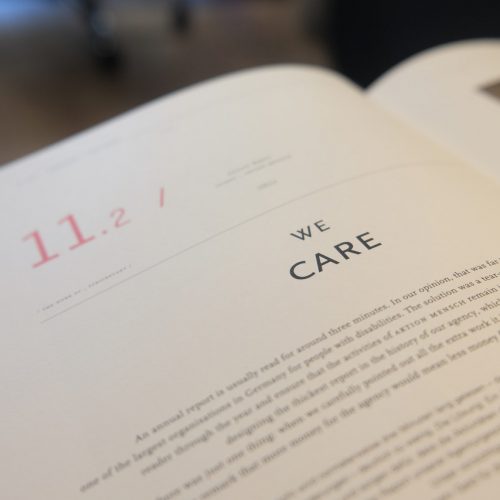Obsessive compulsive disorder is a type of anxiety disorder. It is characterized by strong urges to do certain things repeatedly. These “things” are called rituals or compulsions by the scientific community. While everyone feels anxiety, fear, uncertainty or worry at some time, people who suffer from obsessive compulsive disorder have no way to “shut off” that anxiety. This results in behaviors and feelings that are taken to extremes.
Much of the time, the anxiety and the compulsive rituals go hand in hand. If a person suffers from anxiety about cleanliness or germs, this may be accompanied by compulsions to wash a lot, clean things, or not touching things that may have germs on them. Obsessive compulsive disorder can be incredibly disrupting for people and make it difficult to live a “normal” life.
Treating obsessive compulsive disorder in a psychological way can include several different techniques. One specific technique is called exposure and ritual prevention (ERP). This therapy involves the OCD sufferer gradually learning to tolerate the anxiety of not performing a compulsion. For instance, if somebody has anxiety about germs which results in a compulsive hand washing ritual, then ERP would consist of touching something only very mildly “contaminated” (like a clean tissue that somebody else touched) and then not allowing the person to wash their hands afterward. This process continues as the individual begins touching things that are more and more “contaminated.” ERP is generally considered to be the most effective psychological treatment for OCD.
Another, more recent, line of work is known as associative splitting. It is a technique aimed at reducing obsessive thoughts. Basically, OCD sufferers are encouraged to make new and neutral associations to thoughts they obsess over. For instance, instead of only associating “cancer” with “death” or “illness”, learning to associate it with completely neutral words or concepts such as animals or colors. This is still a fairly new line of inquiry but initial results confirm its feasibility and effectiveness.
Psychiatry, which is closely related to psychology, is another route of treatment that some people try. The main difference between psychology and psychiatry is that psychiatrists can prescribe medication. Many OCD sufferers experience alleviation of symptoms after being prescribed selective serotonin reuptake inhibitors (SSRIs). These medications increase the amount of serotonin in the brain, a chemical that is closely associated with mood and anxiety. Most people with OCD have unusually low levels of serotonin in their brain. SSRIs generally have less side effects than clomipramine, an older medication that was actually thought to be more effective in treating OCD. However, the extent of side effects for SSRIs seem to be nausea, diarrhea, agitation, insomnia and headache while clomipramine could cause drops in blood pressure and heart-rhythm disturbances.
Cognitive therapy focuses on the catastrophic thoughts and exaggerated sense of responsibility OCD sufferers feel. The purpose of cognitive therapy is to teach the sufferer healthy and effective ways of responding to obsessive thoughts, without resorting to compulsive behavior. Psychiatrist Jeffrey Schwarts has developed a four-step model for dealing with OCD. First, is relabeling or recognizing the intrusive obsessive thoughts are the result of OCD. Second is reattributing the intensity and intrusiveness of the thought to a chemical imbalance in the brain. Third is refocusing thoughts and attention on something else, at least for a few minutes. Finally, the fourth step is revaluing, or not taking the OCD thought at face value. This framework has helped many OCD sufferers take control over their mind.
Breaking free from obsessive thoughts and the subsequent compulsive ritual is the ultimate goal of any therapy, whether it be medical, psychological, or psychiatric.



